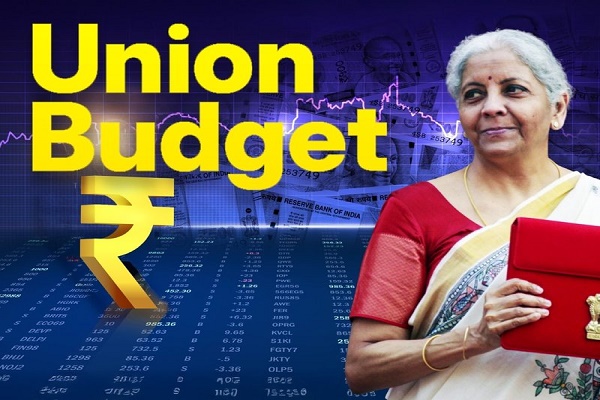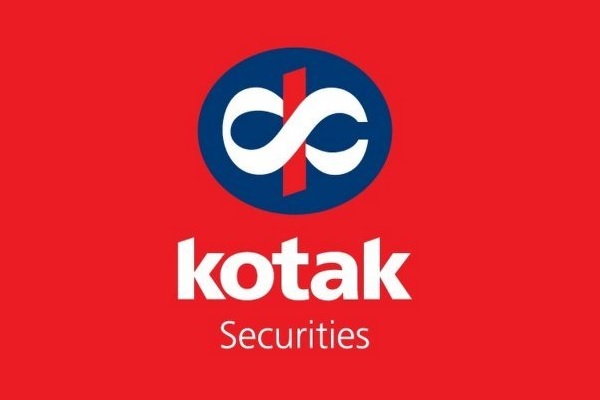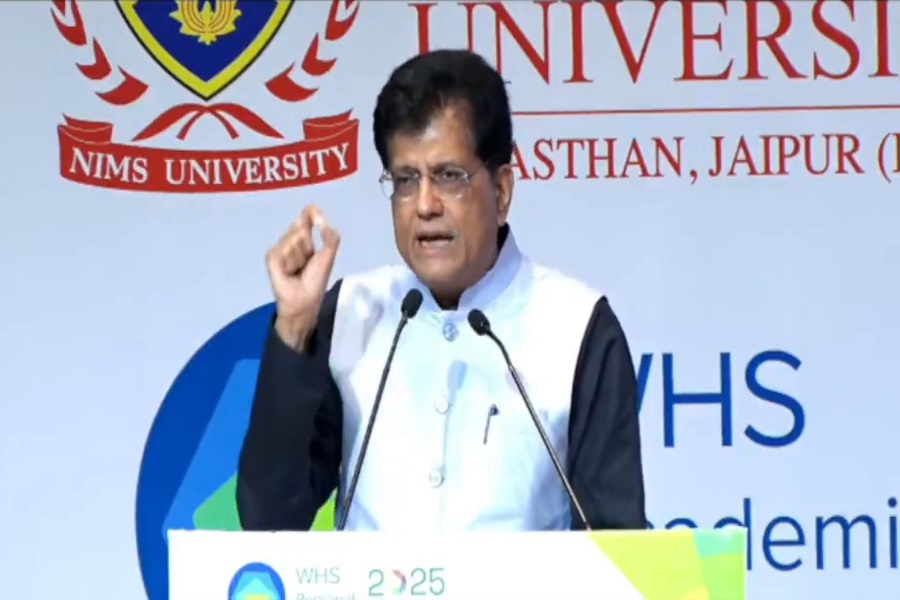Zerodha's Nithin Kamath praises SEBI for making market safer, investor-friendly

Praising the Securities and Exchange Board of India (SEBI) for making markets safer and more investor-friendly, Zerodha’s Co-founder and CEO Nithin Kamath on Friday said that the new regulation will ease operations at a broker's end.
SEBI's latest regulation is around the direct payout of securities to investor demat accounts upon purchase.
At present, when investors buy securities, they're credited by the clearing corporation (CC) to the stock broker's pool account, who in turn transfers them to the clients.
"With the introduction of new regulation, CCs will directly transfer securities to the client's account, bypassing the broker's pool. This also eases operations at a broker's end," Kamath wrote in a post on X.
Kamath also mentioned that since 2019, SEBI has brought in several changes to the market.
"It started with the segregation of client funds, compulsory quarterly bank runs on brokers (quarterly settlement), removing pooling of funds for MF transactions, and more".
The CEO, in his post, mentioned another SEBI move which will most likely be introduced is around increasing the limit for a Basic Services Demat Account (BSDA) from the current Rs 4 lakh to Rs 10 lakh.
"So, investors will pay zero or reduced AMC on their demat accounts with holdings up to Rs 10 lakh," Kamath said.
Meanwhile, Zerodha has said that it will now let investors instantly withdraw up to Rs 1 lakh daily between 9 A.M. and 4 P.M., at no additional cost.























